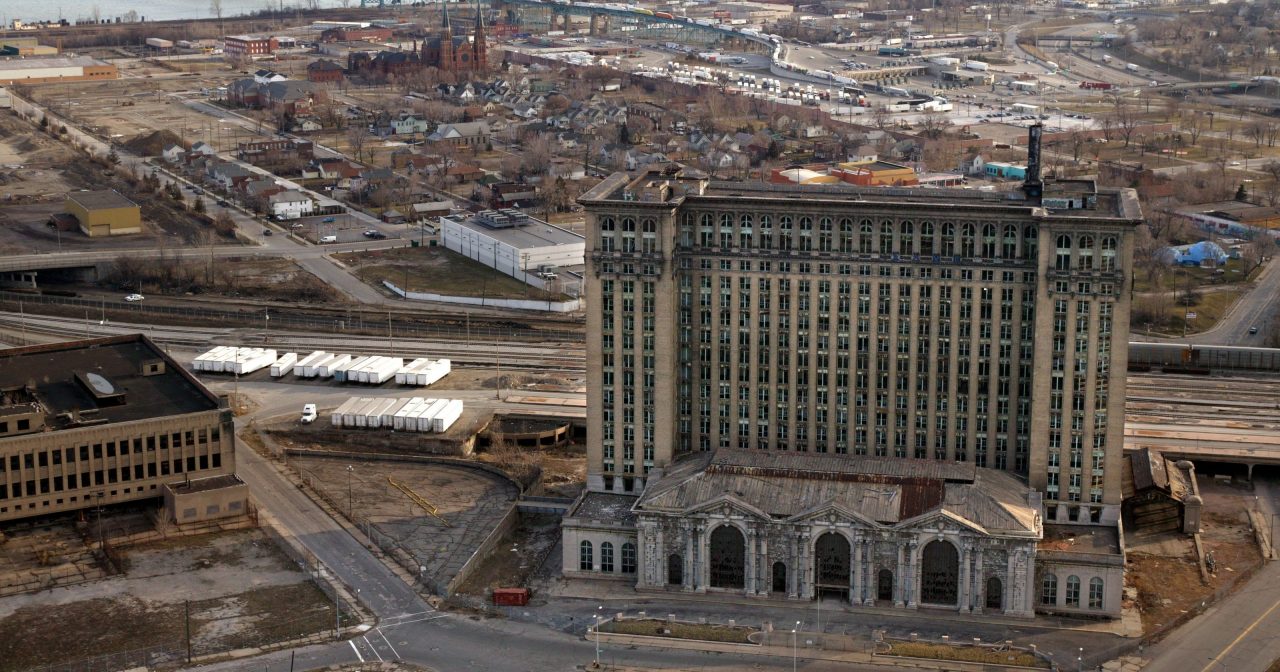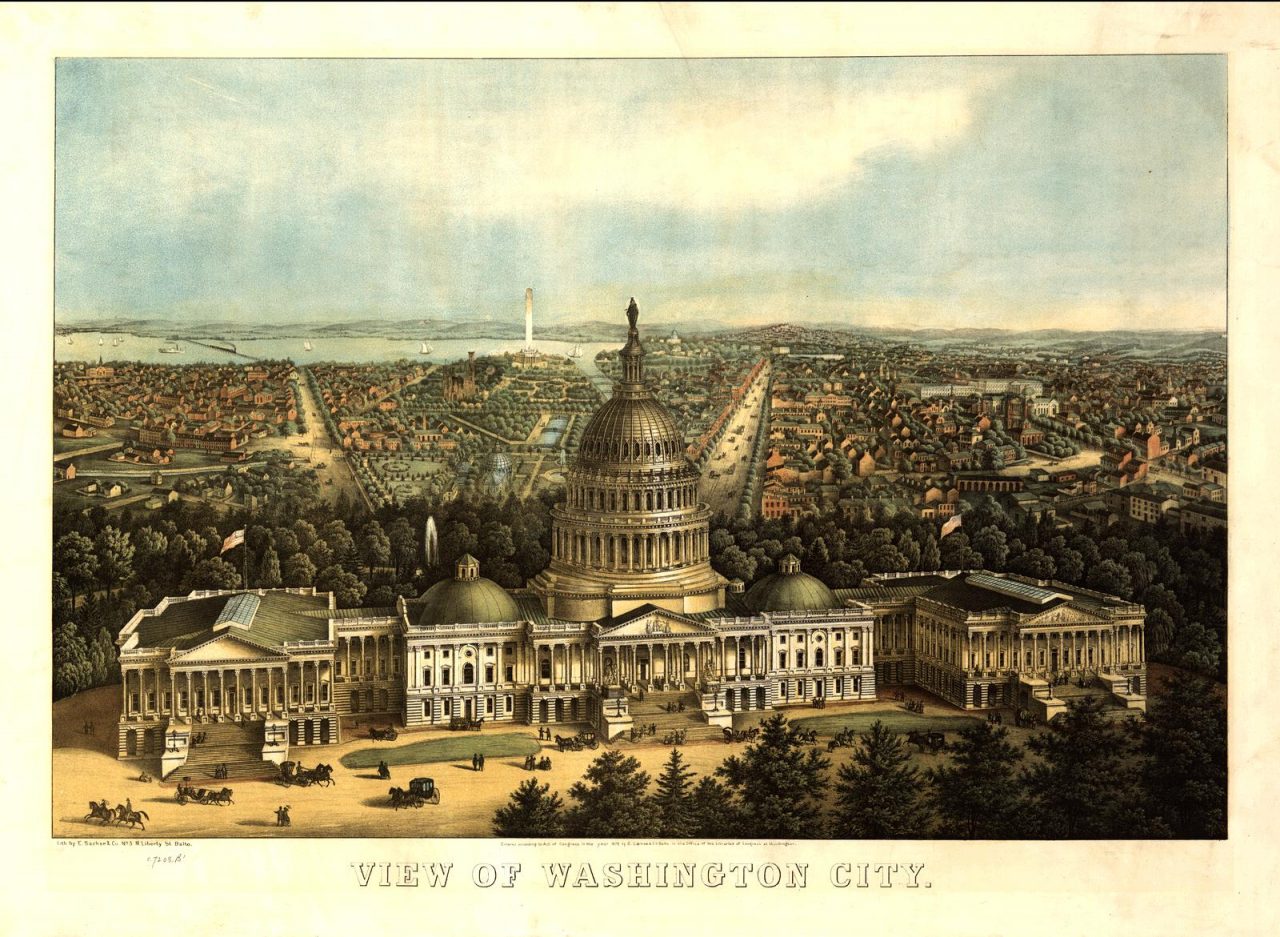
Farewell Washington! Bye bye London! Are we scrapping capital cities?
If getting across the country still meant getting on your horse maybe having everything in one place would make sense. But it’s the 21st Century – should we be getting rid of capital cities altogether?
Donald Trump talked a lot in the 2016 election about ‘draining the swamp’, his shorthand for rooting out corruption and waste in the government (and specifically in Washington DC). Now some Republicans are starting to talk about a slightly different idea: moving the swamp.
It’s not just Washington. The Economist magazine suggested the UK abandon the "vast Victorian complex by the Thames" and permanently move parliament from London to Manchester.
A lot of the backlash against London and DC is political — people living outside of capitals are sometimes unhappy about decisions being made in far away cities by people who are ‘out of touch’ with their world.
In June, Economy spoke to people from an old mining community in Durham in the north of England.
Residents made their views pretty clear: “They have to come up north more, stop living down in London and burying their heads in Parliament and see how people live up here,” one said.
But there's also an economic case for rethinking the way we concentrate government jobs (and the money and power that go with them) in capital cities.
It could mean moving jobs to poorer areas...

As with most countries some parts of the US and UK are poorer than others. This is particularly true of regions affected by the loss of mining or manufacturing jobs over the last few decades.
Taking well paying jobs out of capital cities and putting them in struggling areas can help jump start local economies by bringing in people and outside money. It could give more options to young people who want to start careers in public service without leaving their hometown. One new employer can have a surprisingly big effect on a city or region’s economy, and moving a few big departments or ministries to the ‘rust belt’ in the US or the north of England could do a lot of good.
... and help with high housing costs…
Many capitals have notoriously high property prices. Moving jobs to another region could take some of the pressure off capital cities and cool down demand for housing and offices, which would keep prices in check.
Capital cities date back centuries...

Turn back the clock to 1800. There are no phones to chat with distant colleagues, no email to send documents (not even a fax machine!), and getting across the country probably still requires that horse of yours. It makes a lot of sense to have everything in one place.
Capitals also served a big strategic purpose: keeping all the government power in one place meant a country only had to defend one key city from conquering armies to keep the government working.
...but they aren’t as important in the 21st Century

But today we do have . There are still very real benefits to close proximity — companies usually don’t want everyone to work from home all the time, and online universities haven’t put physical schools out of business — but these benefits aren’t as make-or-break as they used to be.
Plus, these days we’re a lot less worried about conquering armies than a natural disaster or terrorist attack that paralyzes an entire city. Keeping the government in one place could make it more vulnerable.
In the US, 85% of federal employees (not counting the military or postal service) already work outside of the DC area. But this still leaves a lot of jobs, and many of the government's most powerful and best paid ones at that, in the capital.
Moving government jobs won't fix all our problems, but maybe it's worth a try

Last Friday, the House Oversight and Government Reform Committee passed a resolution that would encourage federal agencies in Washington to move their headquarters to other cities – it’s just the first step in the long legislative process of ‘moving the swamp’, and will now be put to the House.
A lot of congresspeople weren't wild about the resolution, which only passed by one vote. The people representing DC and its suburbs said the move would seriously hurt the capital's economy. Other lawmakers thought the move was a waste of time, designed more to score political points than fix the economy.
Breaking up capital cities may not solve all our economic problems, but it could balance things out a bit. And if splitting government jobs up could help governments understand the views of people outside major cities better, then maybe it’s worth a shot.



